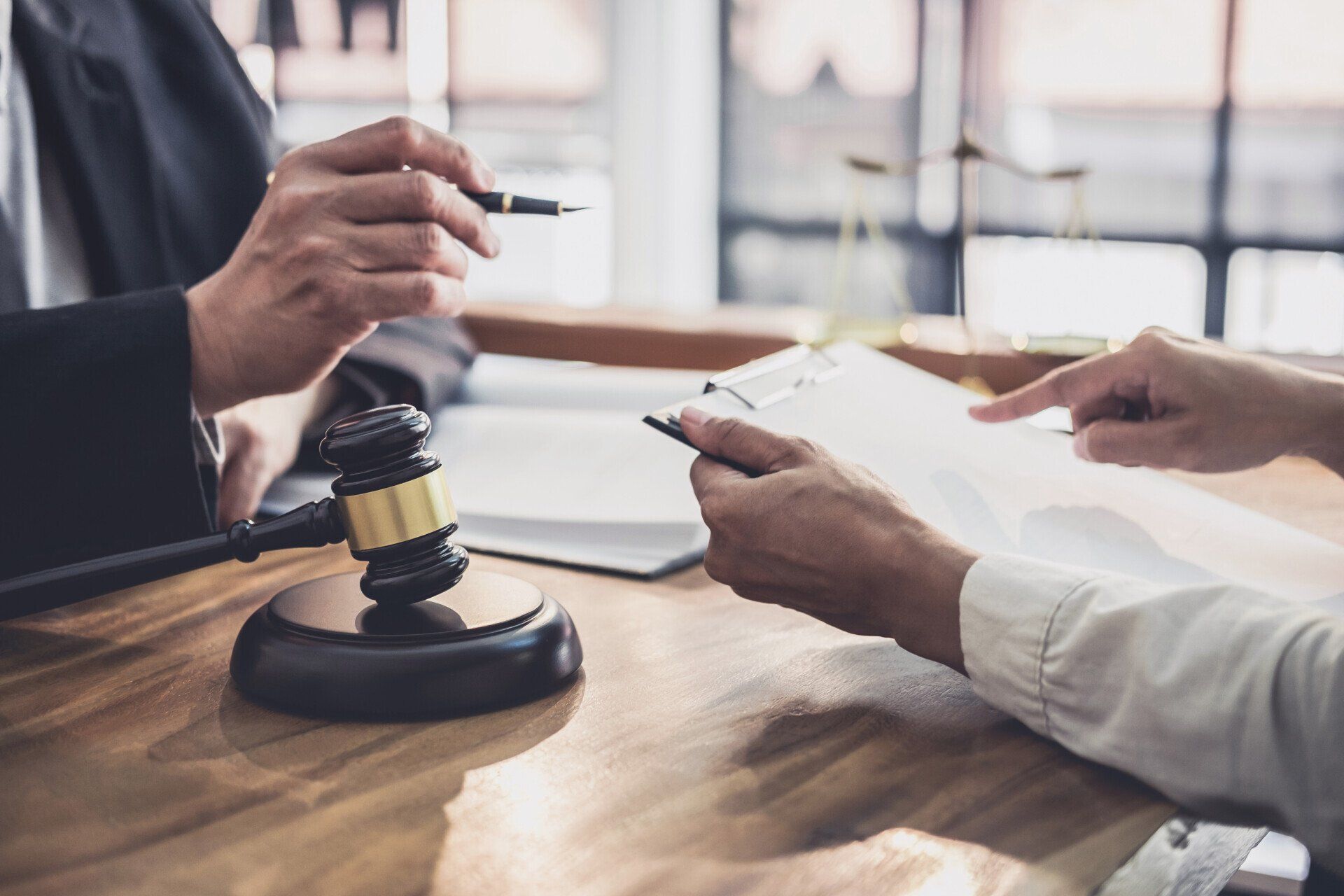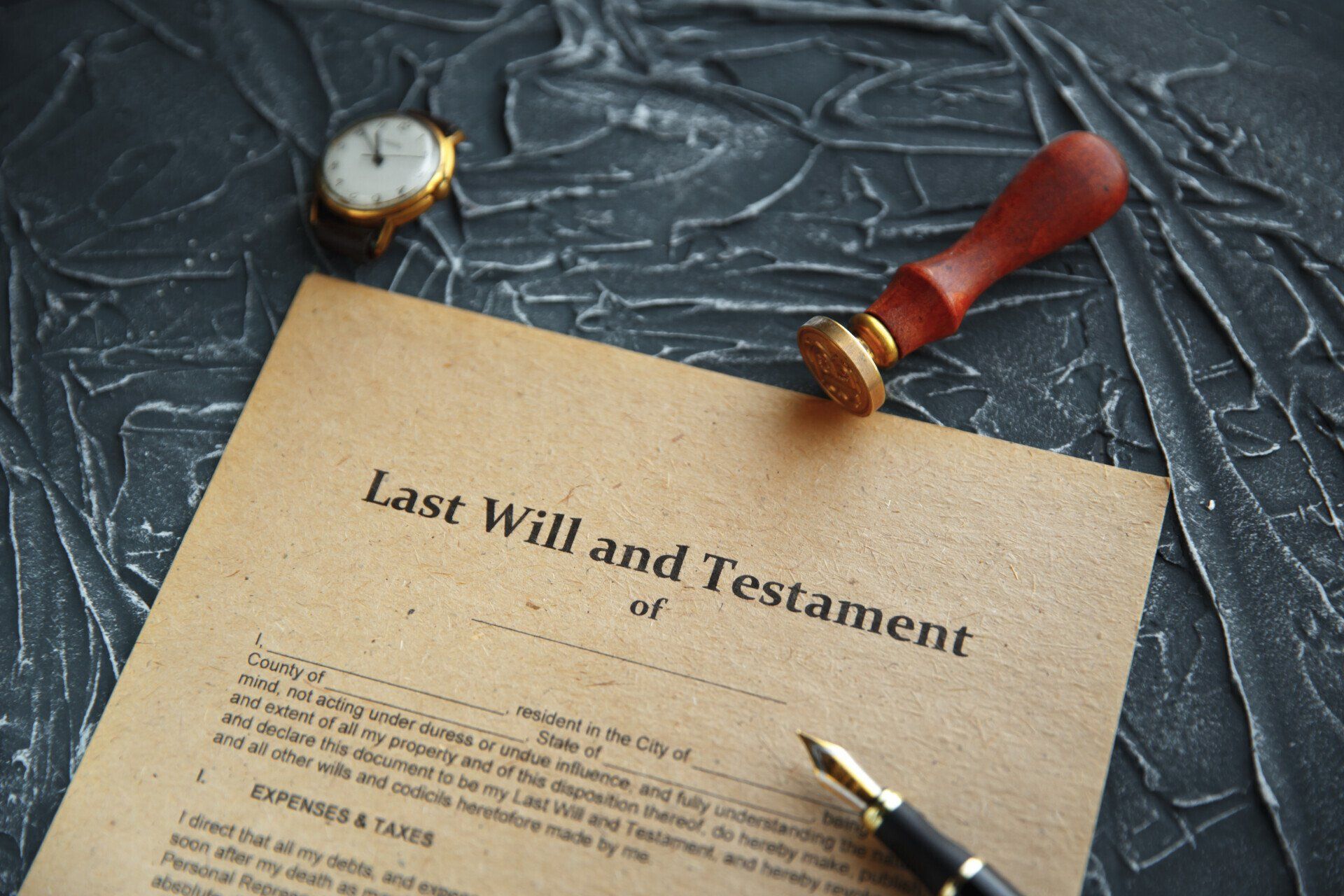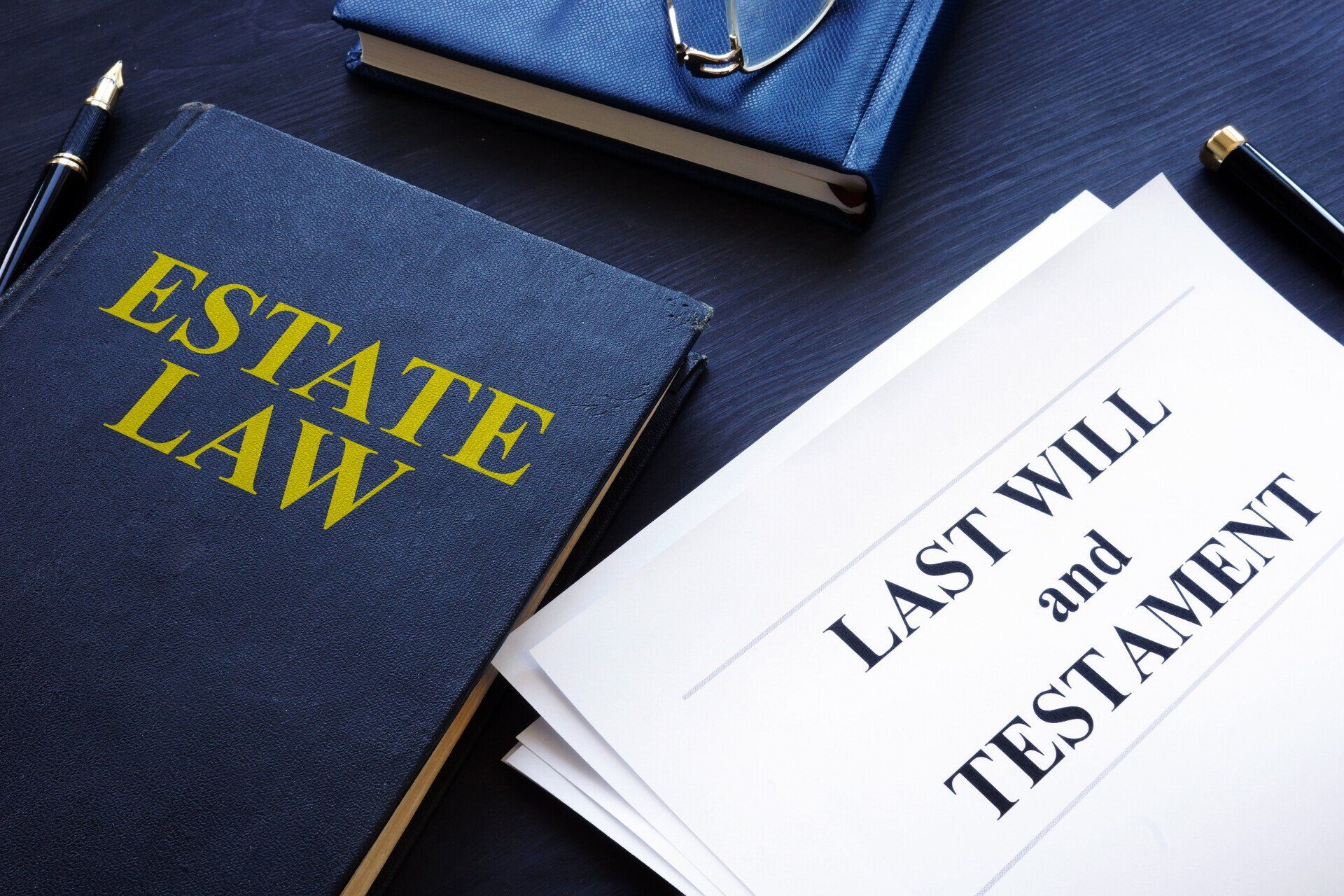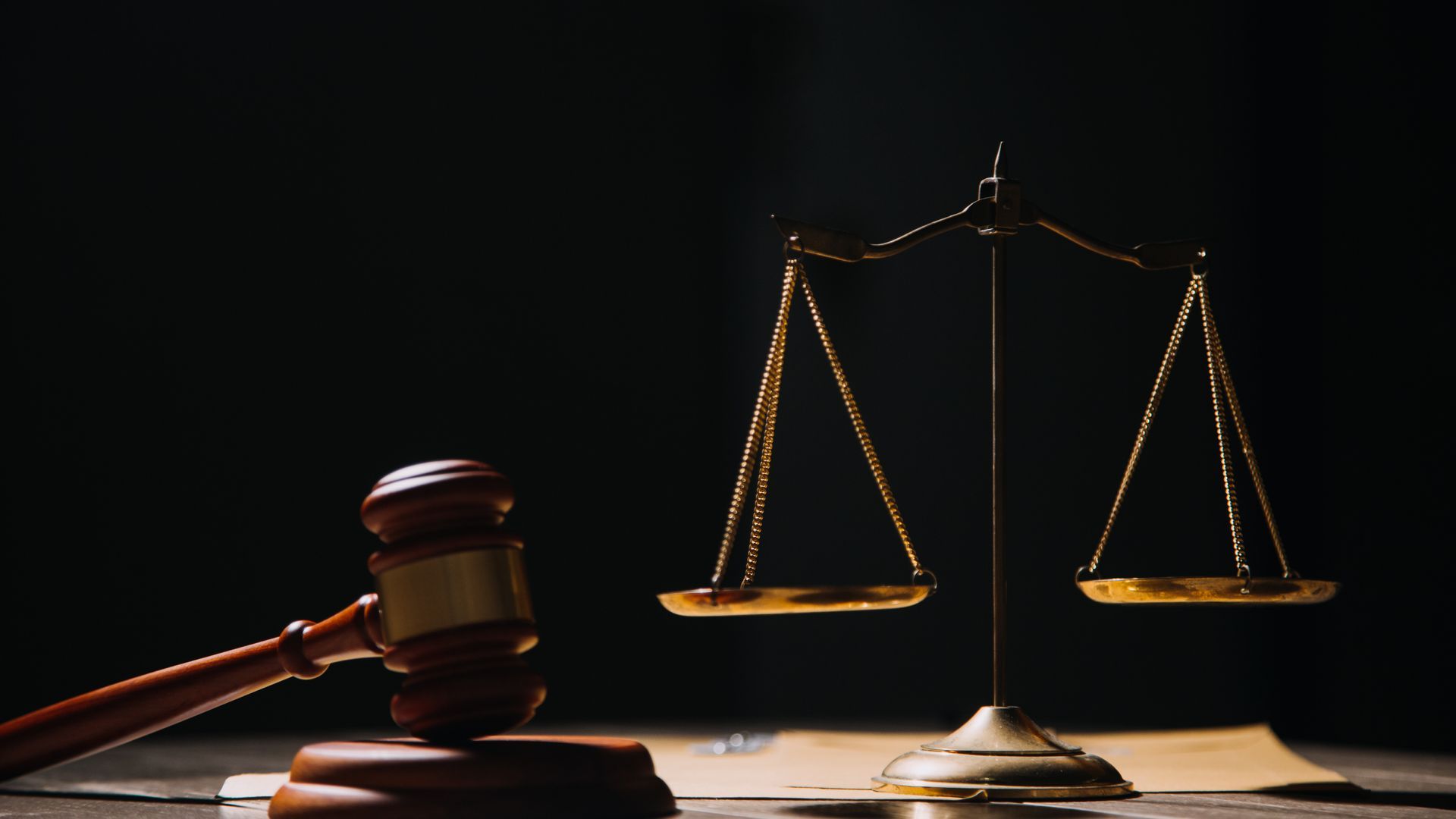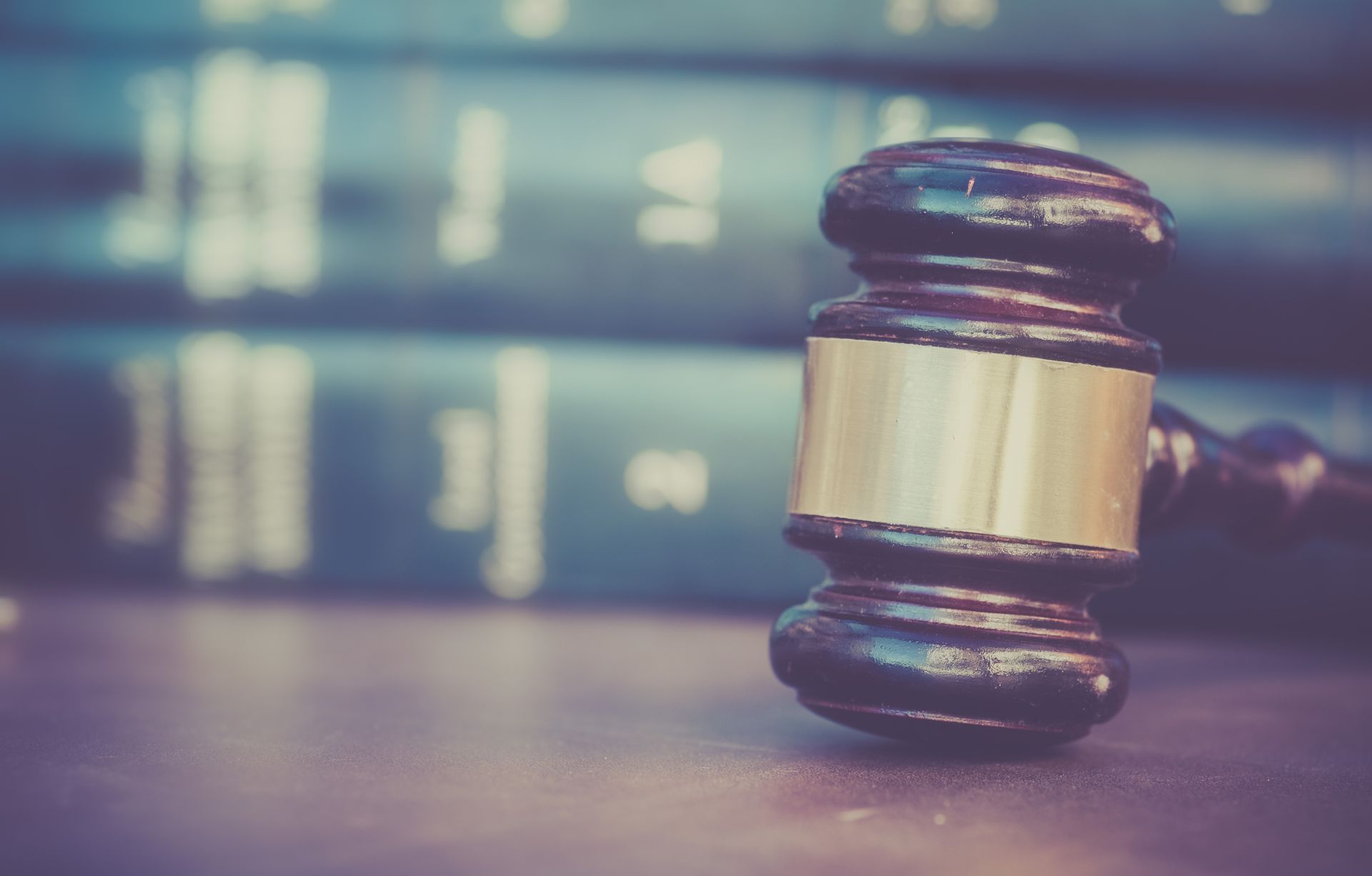Selecting the Right Guardian for Older Adults
As older adults’ lives wind down, their physical and mental abilities decline. Cooking, cleaning and other daily tasks often become a burden, which leaves those responsibilities in the hands of their children or other caretakers. As the role reversal continues, many older adults or their children decide that helping around the house is not enough and that a responsible adult needs to be the parent’s legal guardian to take on financial responsibilities and make health care decisions.
Being a guardian requires a lot of legal and moral responsibility. Older adults and their family members must consider who is available and reliable enough to help the ward through the end stages of life, if they become incapacitated. If no children are able to become the guardian, the family must explore other options.
A Guardian that Fits Their Parents‘or Ward‘s Needs
There are no “one size fits all” set of qualifications to become a guardian because everyone’s needs are different. Some parents may need a guardian to help them sell their home or manage their investments. Others may need help with tough decisions like selecting a nursing home.
Things to Consider when Selecting a Guardian
When deciding who is a good fit, older adults and family should consider these factors:
- Financial Responsibility: The selected guardian should be able to manage their own finances and the finances of others.
- Decision Making: The selected guardian should be willing to make difficult decisions involving health care or other important decisions.
- Availability/Proximity: The selected guardian should have a schedule that fits with their parent’s or ward’s needs and should also live in close enough proximity to tend to those needs.
- Longevity: The guardian should be physically and mentally able to take care of their ward for the long-term.
Legally Establishing Guardianship
Whether the choice is a family member, loved one or professional who handles these matters, the guardian and ward must seek court approval to legally establish the relationship.
Determining who is the best fit for a guardian is no simple task. Moreover, the court requires every guardian to be represented by an attorney because creating a guardianship is a long, complex legal process. Those with questions or concerns regarding this and related estate law matters should consult with an experienced estate law attorney who handles such matters in Florida.

